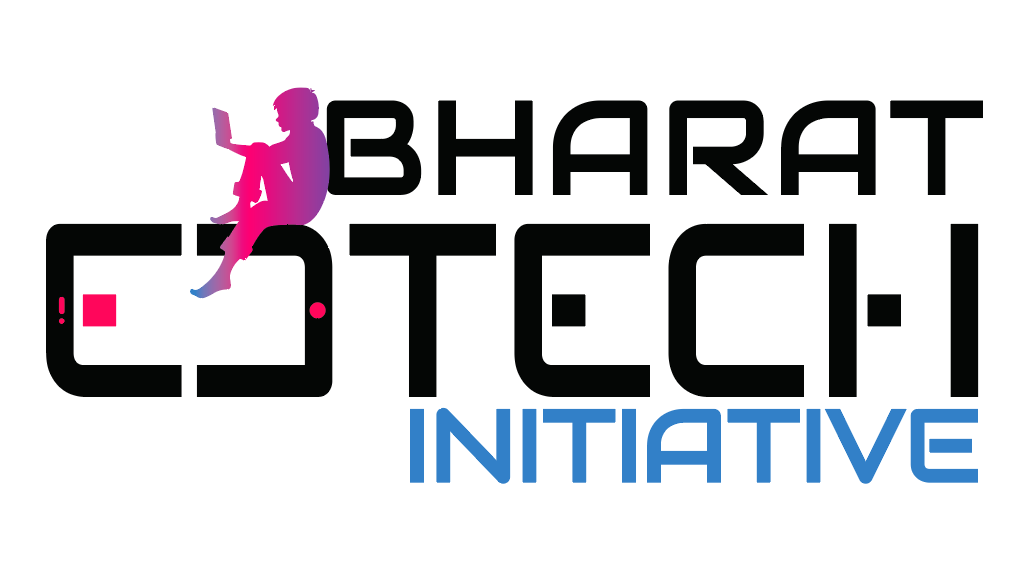April 6, 2022
Ask a classroom full of children about their most dreaded subjects, and we can safely assume that most of them will choose either maths or science or both.
Over the years, several studies have borne this out. If we take a recent example, UNESCO’s Sustainable Development Goals 4 report (released in January) says that an abysmally low 12.3% of India’s lower secondary school students (aged 10–16) are proficient in basic maths. Whether many of us agree on this figure is beside the point, but it doesn’t paint a happy picture.
For decades, educators and policymakers have been on an eternal quest to make maths and science enjoyable, especially at the primary school level. This is to ensure that young minds are at ease before they advance to higher classes and take on the more complex aspects of these two subjects.
The pandemic has not helped matters. According to an extensive survey by the Azim Premji Foundation published last year, 92% of children lost at least one specific language ability, and 82% lost at least one specific mathematical ability from the previous year across classes 2-6. In the survey, a teacher from Rajasthan says the closure of schools most affected primary class students in government schools. Even online classes could not do much to aid their learning, as they involved the same old traditional method of teaching.
Without trying to replicate or mirror conventional classroom practices, the virtual realm of EdTech is acting as a great enabler for learning in maths and science lessons.
A study by Brookings, the American research group, says that EdTech positively affects learning outcomes in maths and science. And it is not alone to come to such a conclusion. A meta-analysis of several research papers on the potential of digital tools to enhance mathematics and science learning published in Science Direct also concludes that technology-supported instruction in science and mathematics can enhance student learning and impact student attitudes.
When educational technology companies use their EdTech platforms to present maths and science, not as numbers, equations, geometry, and algebra, but as interactive, visual, gamified lessons, children lose the fear of maths. The first hurdle is passed when this happens. Simple, quirky experiments can enable participatory learning and stoke inquiry among even the most science-shy students.
EdTech platforms allow students to learn in an interactive manner – at a pace, they are comfortable in – through educational games, for instance, on a handheld device, they do not feel judged and discover the joys of learning.
Well-to-do schools and students in urban India discovered the power of EdTech as an effective tool to learn maths and science during the pandemic. It’s time the same is taken to underprivileged school children and let them discover the fun of learning the most ‘feared’ subjects.
Sumit Tayal | COO, GiveIndia
With the support of BEI, girls are able to learn anytime and anywhere, while having the agency to make choices in their educational journey.
Read More >For the last eight months, Syeeda’s school, a low-income private school in the heart of Bengaluru, has been deploying EdTech interventions with our community partner 321 Education Foundation’s support.
Read More >With Bharat EdTech Initiative’s intervention, 55-year-old Pushpa Kalidas Rathod, principal of Chandra Vasan Primary School, is helping improve student learning...
Read More >It takes more than mere access to EdTech for students to realise the potential of the opportunities available to them. Having an invested and compassionate adult at home can determine how far a child goes in leveraging their resources.
Read More >It’s 9 am, and there’s still an hour to go before Pera Primary School in Navsari, Gujarat, comes alive with...
Read More >What happens when a crisis hits another crisis? Prior to the pandemic, 130 million girls were out of school and...
Read More >In spite of the growing reach of mobile and internet access across the country and the expansion of the EdTech...
Read More >For centuries, the pursuit of education has been confined to physical classrooms. The global EdTech boom catalysed by the pandemic...
Read More >According to the World Bank, learning losses from COVID-19 could cost this generation of students close to $17 trillion in...
Read More >EdTech solutions can potentially pave the road leading to equitable and quality education. BEI is leveraging the power of EdTech to ensure..
Read More >Every now and then, one comes across a phrase or a passage that strikes an instant chord and resonates with...
Read More >